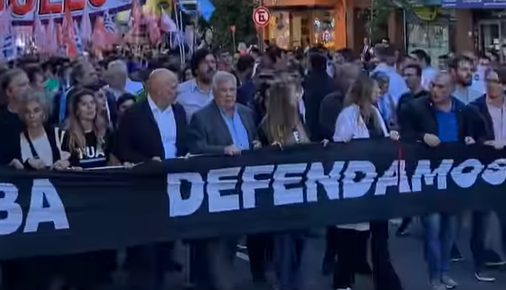
Is Dissent Derailing Milei’s Reform Goals in Argentina?
A Latin America Advisor Q&A featuring experts’ views on protests against education-related budget cuts in Argentina.
A Latin America Advisor Q&A featuring experts’ views on protests against education-related budget cuts in Argentina.
On April 3, 2024, the Inter-American Dialogue released the memo “State Capture in Nicaragua – The Case for International Pressure.” The report, produced by Manuel Orozco, director of the Migration, Remittances, and Development program, highlights how members of the Nicaraguan government have engaged in state capture, the role of international financial institutions in preventing state captures, and provides a look into external financing, its consequences, and the Nicaraguan economy at-large.
”In the near term, there are several, very significant, challenges that have to be tackled,” said Rebecca Bill Chavez, recently-appointed president and CEO of Washington DC-based think tank, the Inter-American Dialogue.
This report includes findings and recommendations to strengthen teacher policies in Honduras.
On March 31, 2022, the Inter-American Dialogue hosted a public event to present its biennial Sol M. Linowitz policy report titled: “The Case for Renewed Cooperation in a Troubled Hemisphere: Towards the Ninth Summit of the Americas”. During the event, panelists discussed the main findings and recommendations of the report and analyzed the current state of regional and hemispheric cooperation.
Across the Americas, political leadership committed to greater collaboration to tackle health, social, economic, and political challenges has been sorely lacking. The Dialogue is pleased to present the 2022 Linowitz report “The Case for Renewed Cooperation in a Troubled Hemisphere,” which provides an analysis of the interrelated challenges facing the Western Hemisphere today and policy proposals to enhance collaboration across the hemisphere, all with an eye towards the Ninth Summit of the Americas.
A Latin America Advisor Q&A featuring experts’ viewpoints on the growth of technology skills and businesses in the region.
In collaboration with the InterAmerican Dialogue and Lego Foundation, the workshop on competencies for early care and education personnel was held on January 20 and January 21, 2021 at the Training Center of the Ministry of Childhood and Adolescence (MINNA) in Asuncion, Paraguay.
A Latin America Advisor Q&A on the challenges for education tin Latin America and the Caribbean following the coronavirus pandemic.
Tabata Amaral, federal deputy in São Paulo and education activist, has published a book titled Nosso lugar: O caminho que me levou à luta por mais mulheres na política, or “Our place: The path that led me to the fight for more women in politics.”
On June 28, the Regional Network for Measuring Child Development (REMDI) convened a virtual seminar to reflect on surveys that are used to measure early childhood development in the region.
The Education Program hosted a webinar on August 3 featuring Gabriel Sánchez Zinny and Adriana Delpiano on how to pass and implement educational reforms.
Do schools in Latin America and the Caribbean have enough government funding and resources to both educate students and protect their health amid Covid-19?
Educational inequality is a critical issue in Latin America. The Inter-American Guide on Strategies to Reduce Educational Inequality presents ten policy strategies that have proven effective at reducing levels of educational inequality.
Ariel Fiszbein habla con Silvia Bacher en el programa Rayuela sobre la docencia latinoamericana.
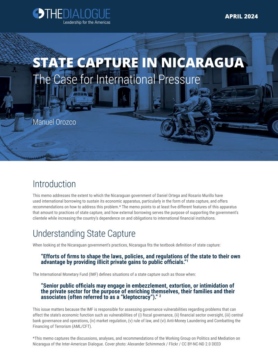
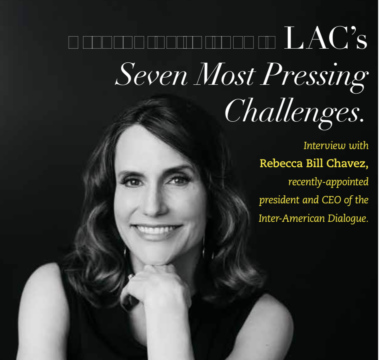
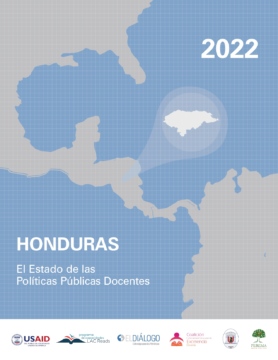
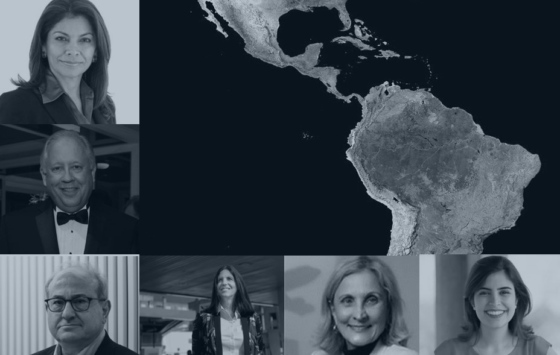 Video
Video
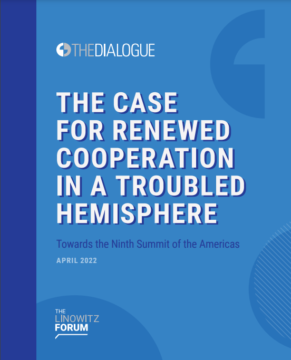

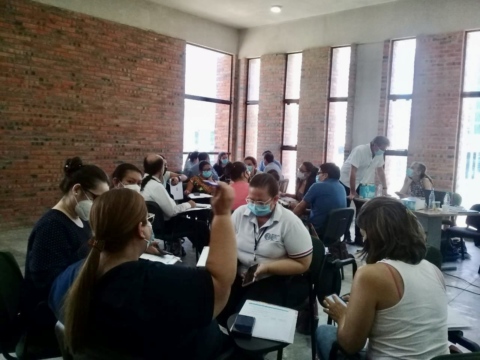
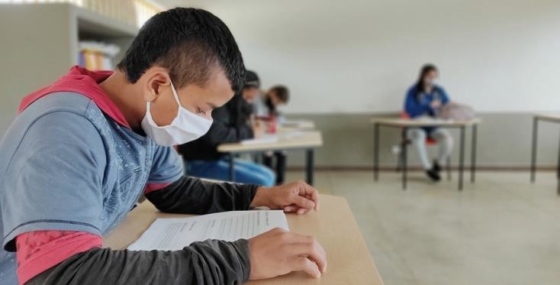
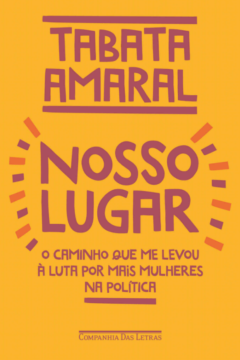
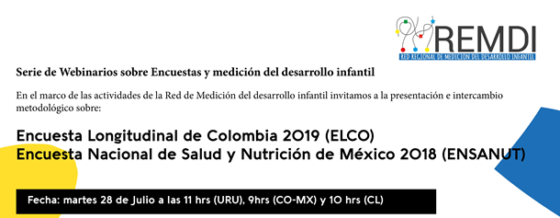 Video
Video
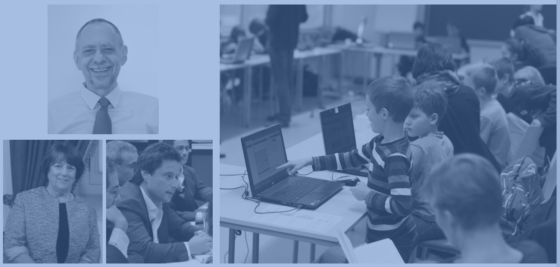 Video
Video
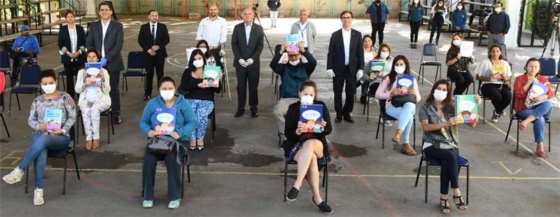
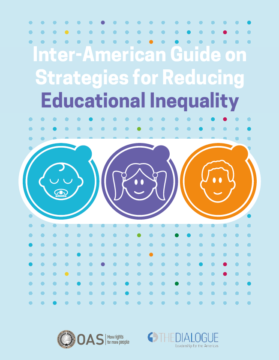
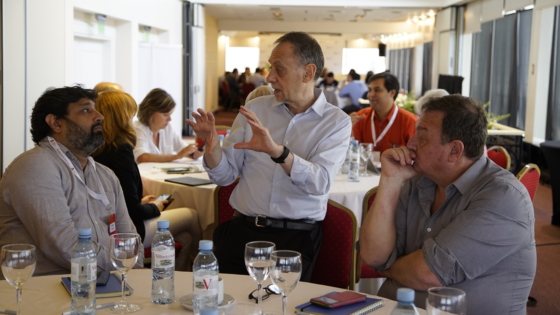 Video
Video